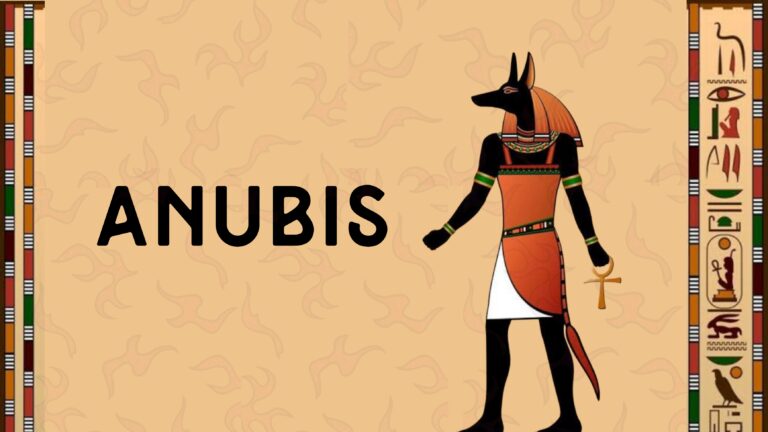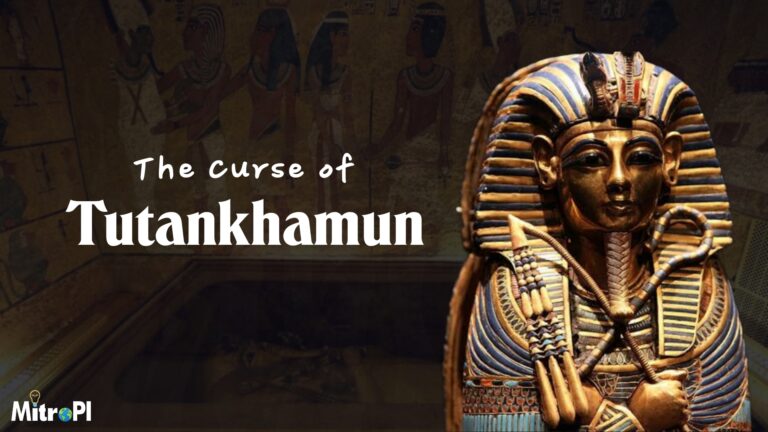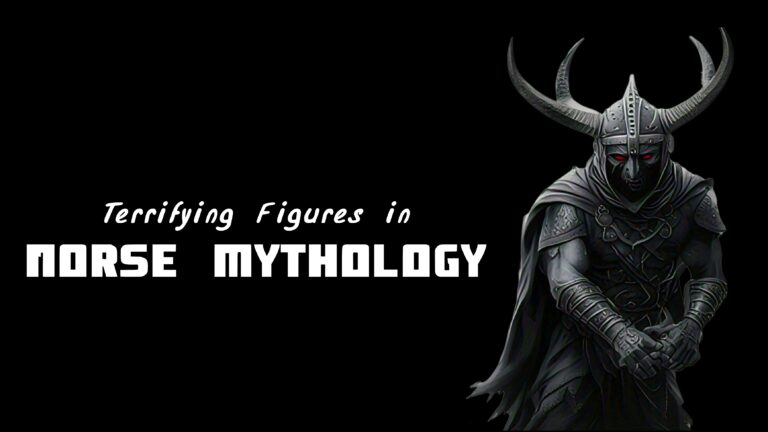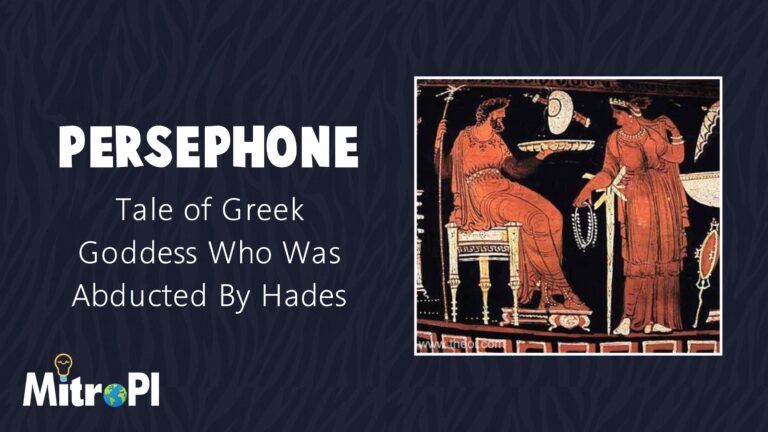Definition and Origins
The term “Anunnaki” refers to a group of deities originating from Sumerian mythology, dating back to at least the third millennium BCE. They were believed to be the offspring of Anu, the sky god, and Ki, the earth goddess. The Anunnaki played crucial roles in the creation myths and were thought to influence various aspects of life and nature. Their emergence coincided with the rise of the Sumerian civilization in Mesopotamia, now modern-day Iraq, but their stories and significance extend to other ancient cultures, including Akkadian, Babylonian, and Assyrian societies.
Role in Sumerian Mythology
The Anunnaki were part of a complex pantheon of gods, each with distinct roles and stories. They often represented elements of nature, human endeavors, and social order. In legends, the Anunnaki were sometimes depicted as mediators between humanity and the divine. Notable tales include the creation of humanity and the Great Flood, reflecting themes that resonate with other cultures’ narratives. Unlike other deities, the Anunnaki often had attributes that emphasized their connection to earthly matters rather than an aloof divine nature.
Symbolism and Representation
Art from ancient Mesopotamia frequently depicts the Anunnaki, showcasing them in human form, often wearing elaborate clothing and headdresses. Their physical representations symbolize power and authority, accompanied by attributes like farming tools or symbols of governance. In modern interpretation, these images can serve as allegories for the duality of creation and destruction, making them relevant even today.
Historical Context of the Anunnaki
Archaeological Discoveries
Archaeological findings in Mesopotamia have significantly contributed to our understanding of the Anunnaki. Sites like Uruk and Nippur reveal temples and inscriptions dedicated to these gods. Artifacts like cylinder seals and clay tablets provide insight into rituals and societal structures, helping historians piece together the influence that these deities may have had in shaping ancient civilizations.
Theories of Influence
Various theories have emerged about the Anunnaki’s potential influence on early human civilization, including controversial notions of extraterrestrial contact. While some argue that these theories can seem far-fetched, debates continue among historians and archaeologists about their real contributions. Fascinating discussions arise about whether the Anunnaki might symbolize advanced knowledge or serve as a metaphor for mankind’s quest for understanding its environment.
Influence on Other Cultures
The narrative of the Anunnaki shares similarities with mythologies from different cultures around the world. For example, themes of creation and destruction appear in Greek, Hindu, and Native American myths. As stories of the Anunnaki spread, elements of their legends have been adapted in other cultures, influencing literature and philosophy beyond Mesopotamia.
The Anunnaki and Ancient Civilizations
Contributions to Early Society
The Anunnaki were often viewed as teachers or benefactors who imparted skills essential for the development of society. They were credited with instructing humans in agriculture and governance, laying the foundation for organized societies. Their attributed influences extended to advances in writing, mathematics, and city planning that were crucial to the growth of civilization.
Religious Practices and Rituals
Worship of the Anunnaki included various rituals, often performed by priests and priestesses who acted as intermediaries between the gods and the people. Seasonal festivals celebrated agricultural cycles, reflecting the importance of the Anunnaki in daily life. These practices allowed communities to reinforce social bonds and express gratitude for divine blessings, marking a vibrant, interconnected cultural landscape.
Economic and Social Structures
Beliefs surrounding the Anunnaki likely helped shape societal structures and hierarchies. Those in power might have utilized Anunnaki mythology to legitimize their status and authority, creating a framework where economics intertwined with mythological teachings. This view suggests that the belief in these gods had profound implications for how communities organized economically and socially.
Modern Interpretations of the Anunnaki
The Anunnaki in Popular Culture
Today, the Anunnaki appear in various movies, books, and television series, often reimagined as extraterrestrial beings or ancient aliens. Contemporary fiction tends to highlight their alleged influence over humanity, sometimes portraying them as benevolent, sometimes as malevolent. This evolution in narrative showcases our enduring fascination with these ancient figures and their potential implications for our understanding of the universe.
Scientific Perspectives and Critiques
The scientific community generally approaches Anunnaki theories with skepticism, particularly those linking them to extraterrestrial origins. Many view such claims as part of the larger narrative of pseudoarchaeology, emphasizing the need for critical evaluation of the evidence. Discussions about the Anunnaki provide an opportunity to explore the boundaries between myth and history, challenging us to consider the ways in which we understand our past.
The Anunnaki and New Age Beliefs
In recent years, New Age movements have drawn connections between the Anunnaki and extraterrestrial theories, popularizing beliefs that these ancient beings imparted advanced knowledge to humanity. This resurgence of interest reflects a broader cultural exploration of ancient myths and their relevance in contemporary spirituality, illustrating our ongoing quest for meaning in a complex world.
Legacy of the Anunnaki on Humanity
Cultural Impact
The influence of the Anunnaki extends beyond ancient texts; their legacy continues to shape modern mythology and storytelling. Themes and motifs from their stories appear in contemporary spiritual practices, art, and literature, encouraging us to reflect on how our understanding of the past informs our narratives today.
The Anunnaki in Academic Discourse
The study of the Anunnaki offers rich avenues for academic exploration. Scholars analyze how myths like those of the Anunnaki challenge perceptions of history, pushing us to reconsider the interplay between mythical narratives and historical facts. This conversation stimulates further inquiry into the ways cultures interpret and re-interpret their legacies.
Future Research Directions
Ongoing archaeological investigations continue to unearth clues about the Anunnaki and their societies. Future discoveries will likely influence our understanding of ancient civilizations and their belief systems, sparking new conversations about the relevance of mythology in our lives today.
Summary
From their origins in Sumerian mythology to their enduring influence on modern culture, the Anunnaki remain a captivating subject. Their stories reflect not only the beliefs of ancient societies but also our ongoing search for meaning and understanding in a complex world.
FAQs
- What are the origins of the Anunnaki?
The Anunnaki originated in Sumerian mythology, believed to be the children of the sky god Anu and earth goddess Ki. - How do the Anunnaki compare to other mythological figures?
They share similarities with gods from various cultures, representing aspects of nature and society, but with a distinct focus on earthly matters. - What impact did the Anunnaki have on civilization?
The Anunnaki are credited with influencing societal structures, agriculture, governance, and the development of writing and mathematics. - Are there any credible theories about extraterrestrial connections?
While some theories propose extraterrestrial origins for the Anunnaki, most scholars view these claims skeptically, focusing instead on mythological interpretations. - How are the Anunnaki viewed in today’s culture?
The Anunnaki are often depicted in popular culture as ancient aliens or deities, reflecting contemporary interests in mythology, spirituality, and our place in the universe.




